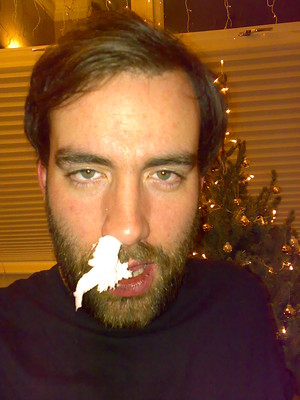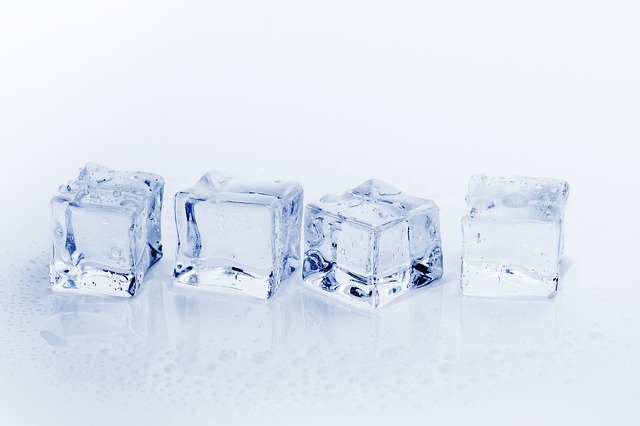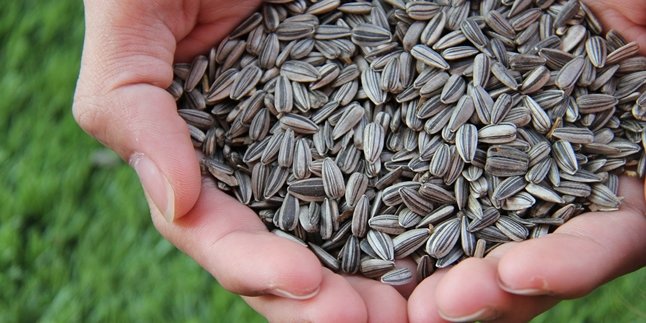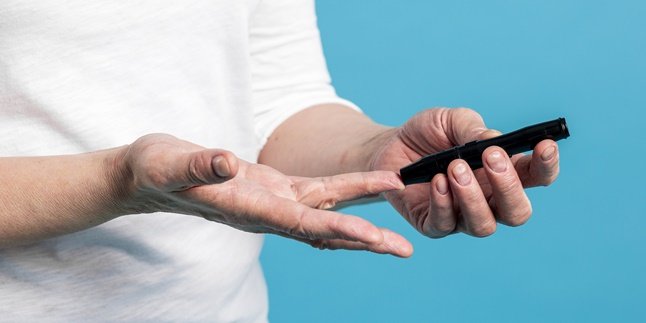Kapanlagi.com - Almost everyone has experienced nosebleeds, regardless of whether they are children or adults. It often happens suddenly, nosebleeds or bleeding through the nose often makes a person feel panicked. However, there is no need to panic. Because there are ways to overcome nosebleeds easily and quickly that you can do.
Generally, nosebleeds can stop on their own within a duration of 5-10 minutes. However, it is still important to know how to overcome nosebleeds to avoid unnecessary panic and speed up the process of stopping the bleeding. Moreover, overcoming nosebleeds can be done easily and simply.
Here are some effective ways to overcome nosebleeds, summarized from various sources.
1. Adjusting Body Position

(credit: flickr)
When experiencing a nosebleed, do not panic. The first thing you should do is adjust your body position. Most people tend to tilt their heads upwards when having a nosebleed. However, this is actually the wrong step to take. When the head is tilted upwards, the blood that should come out will instead flow back in and potentially enter the respiratory tract. This can be very dangerous.
On the contrary, when a nosebleed occurs, it is advisable to immediately sit upright. Meanwhile, the head should be slightly tilted or inclined forward. This position not only prevents the blood from flowing back in, but it is also believed to reduce the pressure on the blood vessels. Therefore, it is believed to quickly stop the nosebleed.
2. Applying Pressure to the Nose
After adjusting your body position as mentioned above, the next step in dealing with a nosebleed is to apply gentle pressure to the nose. If only one side of the nose is experiencing a nosebleed, you can simply apply pressure to the nostril that is bleeding. This way, you can still breathe through the other nostril.
However, you can also apply pressure with two fingers on the nose, specifically on the top of the nostril, and breathe through your mouth. You can do this method for 5-10 minutes to stop the nosebleed. If the bleeding continues without stopping, it is advisable to contact a doctor immediately.
3. Nasal Congestion

(credit: flickr)
One traditional way commonly done when experiencing nosebleeds is by plugging the nose with betel leaf. However, it turns out that not only betel leaves, but you can also plug your nostrils with other objects such as tissues or cloth. However, it is important to ensure that the object used for plugging is clean.
4. Ice Pack Compress

(credit: pixabay)
The next way to deal with nosebleeds is by compressing ice cubes. To do this, simply wrap the ice cubes with a clean cloth and compress them on the nasal cavity. The effect of compressing ice cubes is believed to shrink blood vessels.
In addition to the nasal cavity, compressing ice cubes can also be done on other parts, namely the neck and back of the neck. Compressing these two parts of the body is believed to slow down blood circulation to the nose, so nosebleeds are likely to stop faster. Just like applying pressure to the nose, compressing ice cubes can be done for a duration of 5-10 minutes.
5. Don't Inhale Too Hard
After the nosebleed stops, it is advisable to regulate your breathing slowly for a while. As reported from healthline.dom, inhaling too hard can trigger nosebleeds again. Especially if the previous nosebleed occurred due to a wound in the nasal cavity, and now it has stopped because it has dried up. So, try to regulate your breath and avoid inhaling too hard for a while.
6. Causes of Nosebleeds

(credit: pixabay)
Nosebleeds are indeed quite common. However, nosebleeds should not be taken lightly. There are several factors that can trigger nosebleeds, ranging from changes in temperature, trauma or impact to the head and nose area, stress, fatigue, and the occurrence of infections.
Recurring nosebleeds can also indicate symptoms of certain diseases, ranging from respiratory disorders such as sinusitis, dengue fever, to cancer. Therefore, if nosebleeds do not stop or continue to occur, it is advisable to see a doctor immediately.
Those are some ways to deal with nosebleeds and a brief overview of the causes. You can try the methods mentioned above when experiencing nosebleeds. However, remember not to hesitate to see a doctor if the bleeding does not stop.
(kpl/psp)
Disclaimer: This translation from Bahasa Indonesia to English has been generated by Artificial Intelligence.
















